 And on the tragic loss of that dignity. A reflection on the Vatican document Dignitas infinita, issued in Rome on April 2, 2024 (19th anniversary of St. Pope John Paul II’s death), and presented to the press on April 8 in Rome
And on the tragic loss of that dignity. A reflection on the Vatican document Dignitas infinita, issued in Rome on April 2, 2024 (19th anniversary of St. Pope John Paul II’s death), and presented to the press on April 8 in Rome
Monday, April 22, 2024, Rome — Many years ago, in the summer of 2001, in a meeting in the Vatican Press Office, I asked Dr. Joquin Navarro-Valls, a Spanish numerary of Opus Dei who since 1984 had been Pope John Paul II’s spokesman, what was the central question of John Paul’s pontificate…
“It is the anthropological question,” Dr. Navarro-Valls replied. “The question of man, of man’s nature and dignity.”
Navarro-Valls was speaking in the context of a discussion of John Paul’s years of effort to bring an end to the Soviet communist system, which had proposed an idea of man as Homo Sovieticus, “Soviet man” — a man who, without any reference to God, lived to implement the goals of the Party, not to fulfill any personal goal. Navarro-Valls was speaking also in the context of our Western society which, even in 2001, was already proposing an ideal of “individual freedom” — that each person has an inalienable right to seek that wealth and happiness he or she desires. A “free society” of “free individuals” — but precisely for that reason, a society that might descend to excess: to selfishness, even to the embrace, as John Paul increasingly warned, of a “culture of death” — a culture which commits injustices against human dignity from abortion to euthanasia, ignoring the dignity of other, usually weak and vulnerable, humans. So evil brings sorrow.
John Paul II spent his pontificate thinking and preaching about these differing visions of what man is, of what is the source of man’s dignity. In the end, he put Christ at the center of his thought: Christ, and His love for us, displayed in His sacrificial death on the cross (making the cross not a symbol of criminal death but of sacrificial, pure love), revealing to us the “infinite dignity” of each person, because so profoundly loved. The love of Christ for each of us is the source which gives each of us “infinite dignity,” John Paul II taught (see below).
Fast forward 23 years… to a packed Vatican Press Conference on April 8, 2024, two weeks ago. That day, Cardinal Victor Fernandez, head since last July 1 of the Dicastery for the Doctrine of the Faith, presented Dignitas infinita (“Infinite dignity”).
At the beginning of his presentation, Fernandez: 1) defended his controversial December 18 document Fiducia supplicans (which permitted blessings of homosexual couples and couples in irregular relationships), saying it had met with resistance around the world, but had not changed any teaching of the Church, only developed the teaching on blessings (this led one Swiss journalist, Giuseppe Rusconi, to raise his hand and say the press conference seemed “strange” to him, as if its true purpose was not to present Dignitas infinita, but to defend Fiducia supplicans; and so it seemed also to many); and 2) explained that Dignitas infinita was in the planning for five years, since 2019, and that its intent was “the drafting of a text highlighting the indispensable nature of the dignity of the human person in Christian anthropology.”
Fernandez noted, significantly, that “an initial draft of the text was prepared with the help of some experts in 2019 but a Consulta Ristretta of the Congregation, convened on October 8 of the same year, found it to be unsatisfactory.” So we know the first draft of this text was found by the Vatican itself in 2019 “unsatisfactory.” Fernandez then described “the five-year course of the text’s preparation” as it sought to clarify “the gravity and centrality of the theme of dignity in Christian thought.”
So, in the end, what is the basis of “human dignity”? And if that dignity is indeed “infinite,” why is it “infinite”?
Fernandez tells us: “This dignity of every human being can be understood as ‘infinite’ (dignitas infinita), as Pope St. John Paul II affirmed in a meeting for people living with various limitations or disabilities.” [This refers to an Angelus prayer Pope John Paul II prayed in the Cathedral of Osnabrück, Germany, on November 16, 1980.] Fernandez continued: “He [Pope John Paul II] said this to show how human dignity transcends all outward appearances and specific aspects of people’s lives.” [emphasis added]
Fernandez is asserting: 1) that the title of this Declaration is from Pope John Paul II in 1980, meaning, the title draws on the authority of St. Pope John Paul II himself; and 2) that the word “infinite” means “transcending all outward appearances and specific aspects of people’s lives.” (Meaning that, whatever condition of outward oppression or inward sin one may fall into, one’s dignity remains “infinite.”)
And Fernandez added: “In Fratelli Tutti [October 3, 2020] Pope Francis wanted to underscore that this (human) dignity exists ‘beyond all circumstances.’ With this, he summoned all people to defend human dignity in every cultural context and every moment of human existence, regardless of physical, psychological, social, or even moral [emphasis added] deficiencies.”
So what Pope Francis has written on the “infinite” character of human dignity “beyond all circumstances” is clear.
But what did Pope John Paul II actually say on this point in 1980? So far as I know, no one has gone back to look at John Paul’s entire 1980 address. And a close reading of that address reveals that what he said was different from what Fernandez has told us that he said. In 1980, speaking to people with physical handicaps, John Paul II said: “To gether with all of you, we will soon praise God and thank Him for the great gift of His love. This love is the foundation of your hope and your courage to live. God has shown us with Jesus Christ in an unsurpassable way how He loves each man and thereby gives him infinite dignity [Note: This is the precise phrase which provided the title of the new Declaration]… For us Christians it matters little whether someone is sick or healthy; what ultimately matters is this: Are you ready to realize with conscience and faith the dignity conferred by God in all your life situations and in your behavior as a true Christian, or do you want to lose this dignity of yours in a superficial and irresponsible life, in sin and guilt before God?”
For Pope John Paul, yes, God’s love does grant to all men an “infinite dignity.” This is true. But John Paul II taught that this dignity can be lost, if one lives “a superficial and irresponsible life, in sin and guilt before God.” Thus, we must turn from sin, to recover a dignity we may lose through our own fault. Fernandez’s selective interpretation of John Paul II’s words obscures the “hard truth” of the need to maintain our “infinite dignity” through our actions.


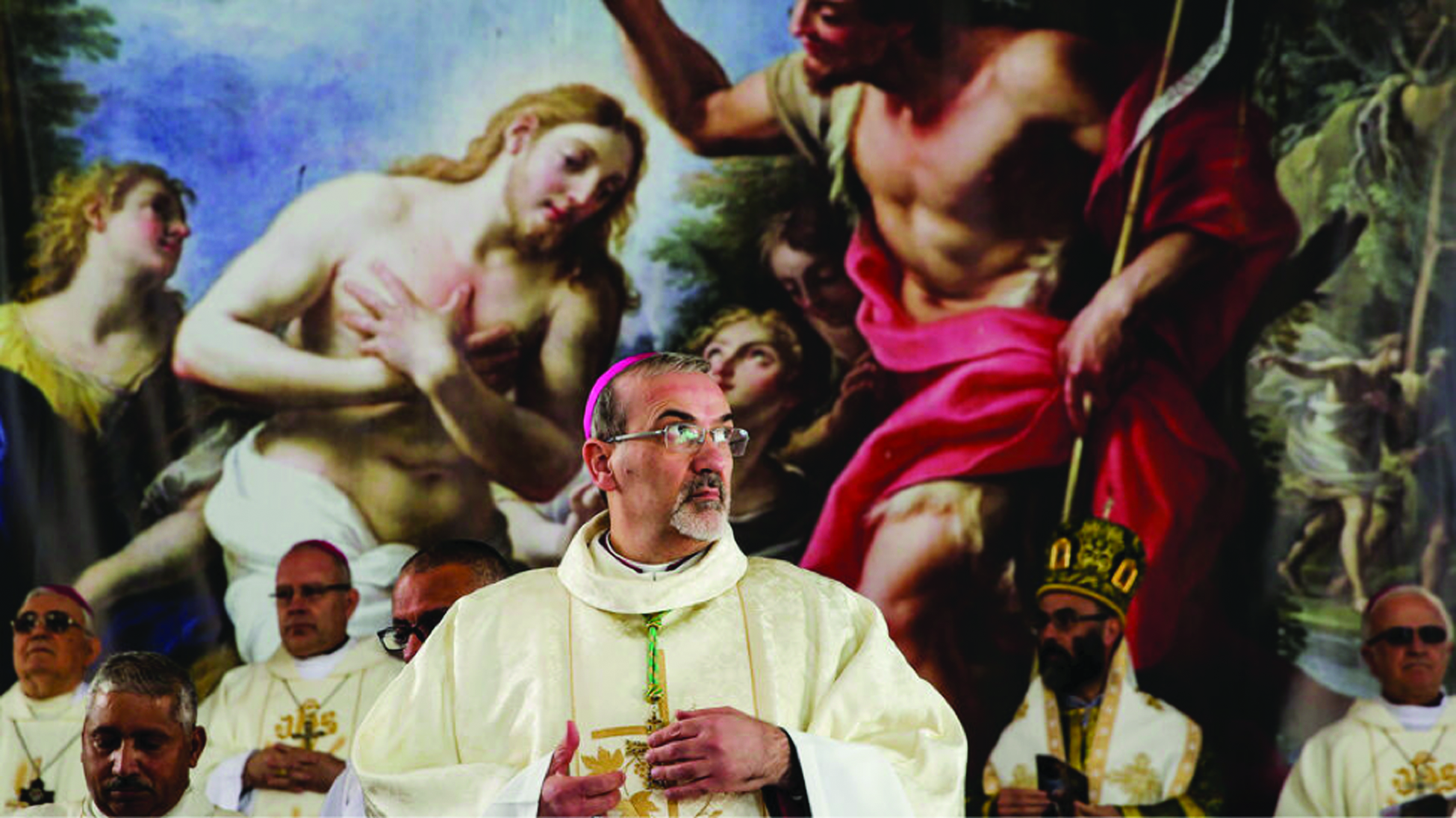
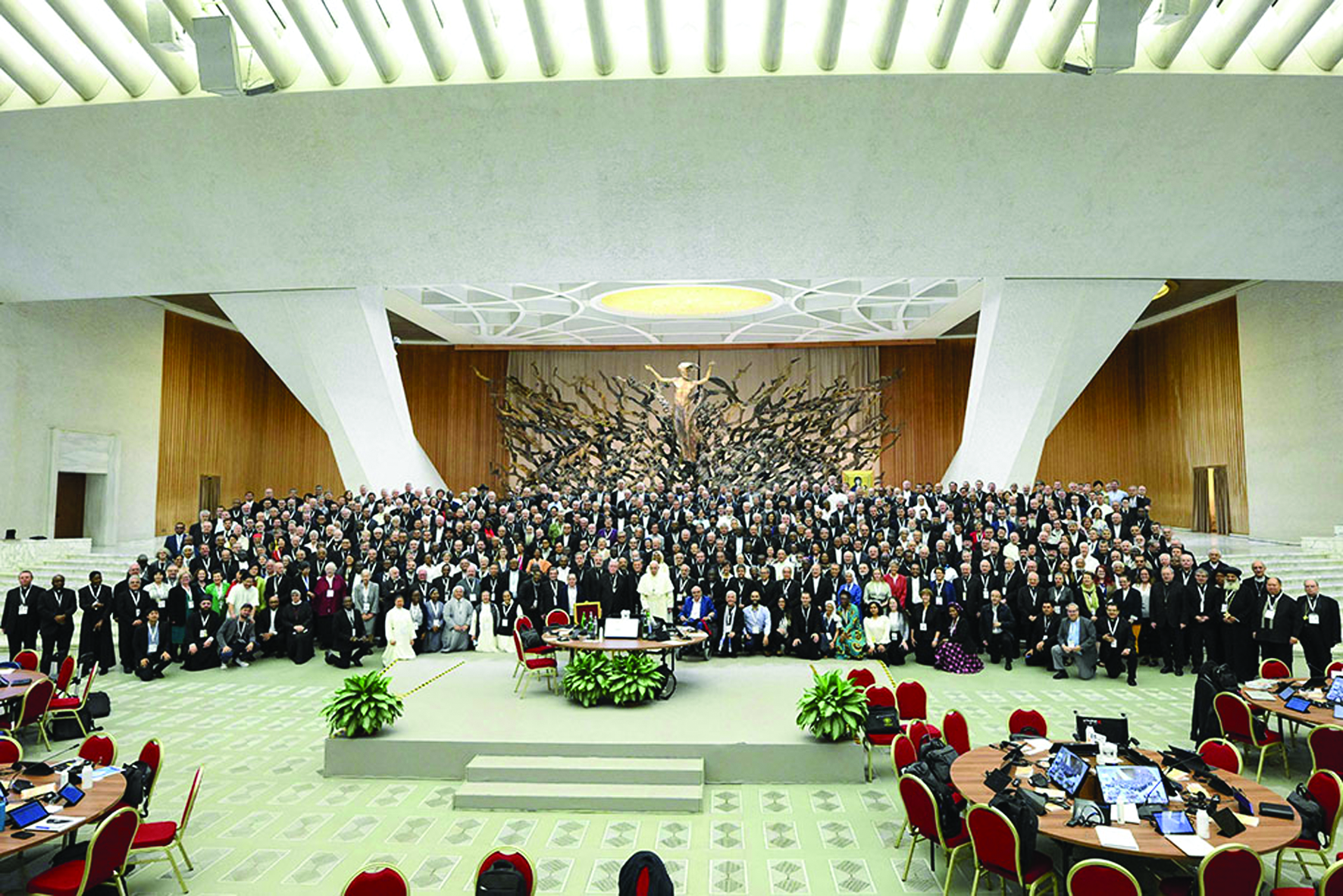
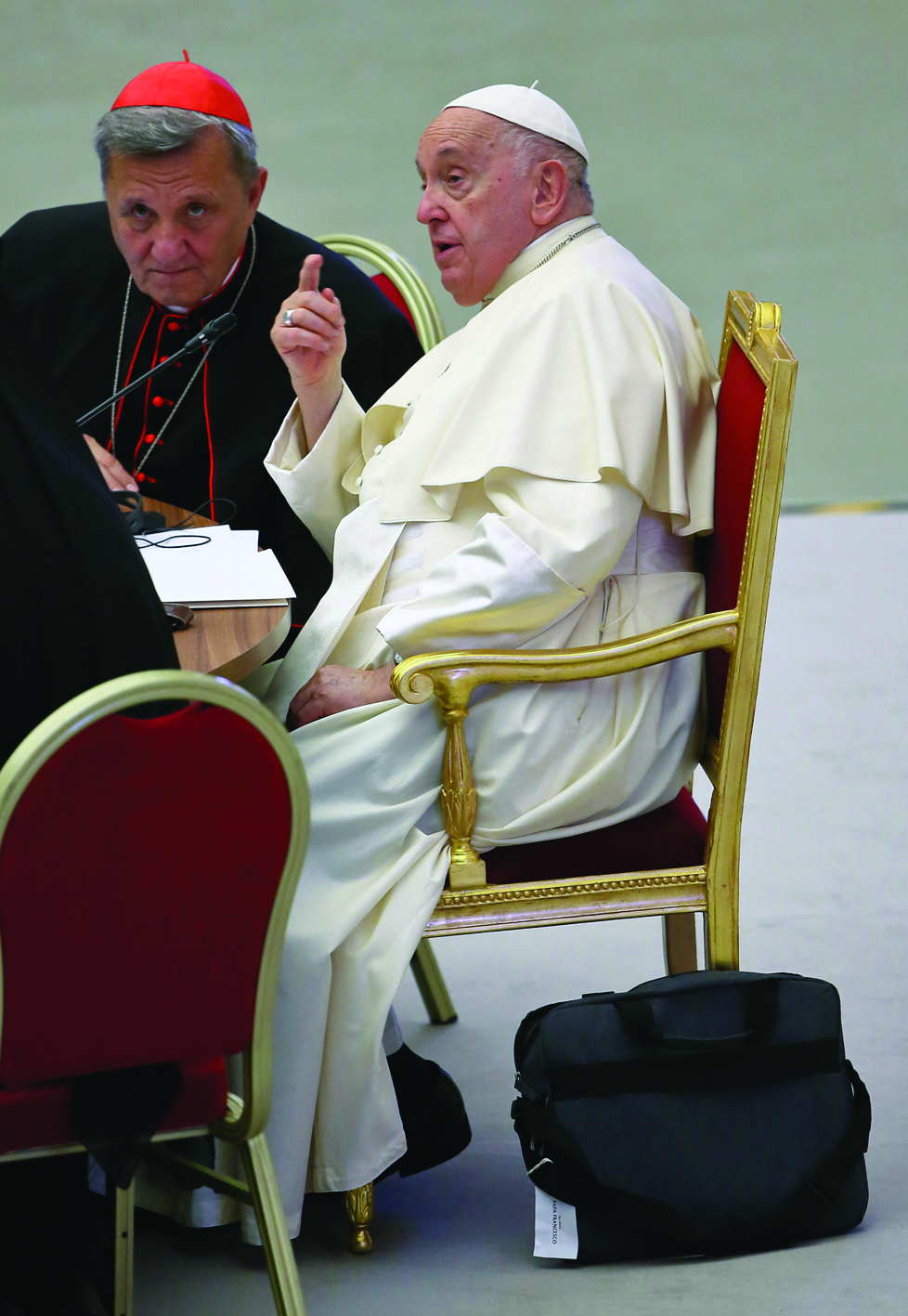
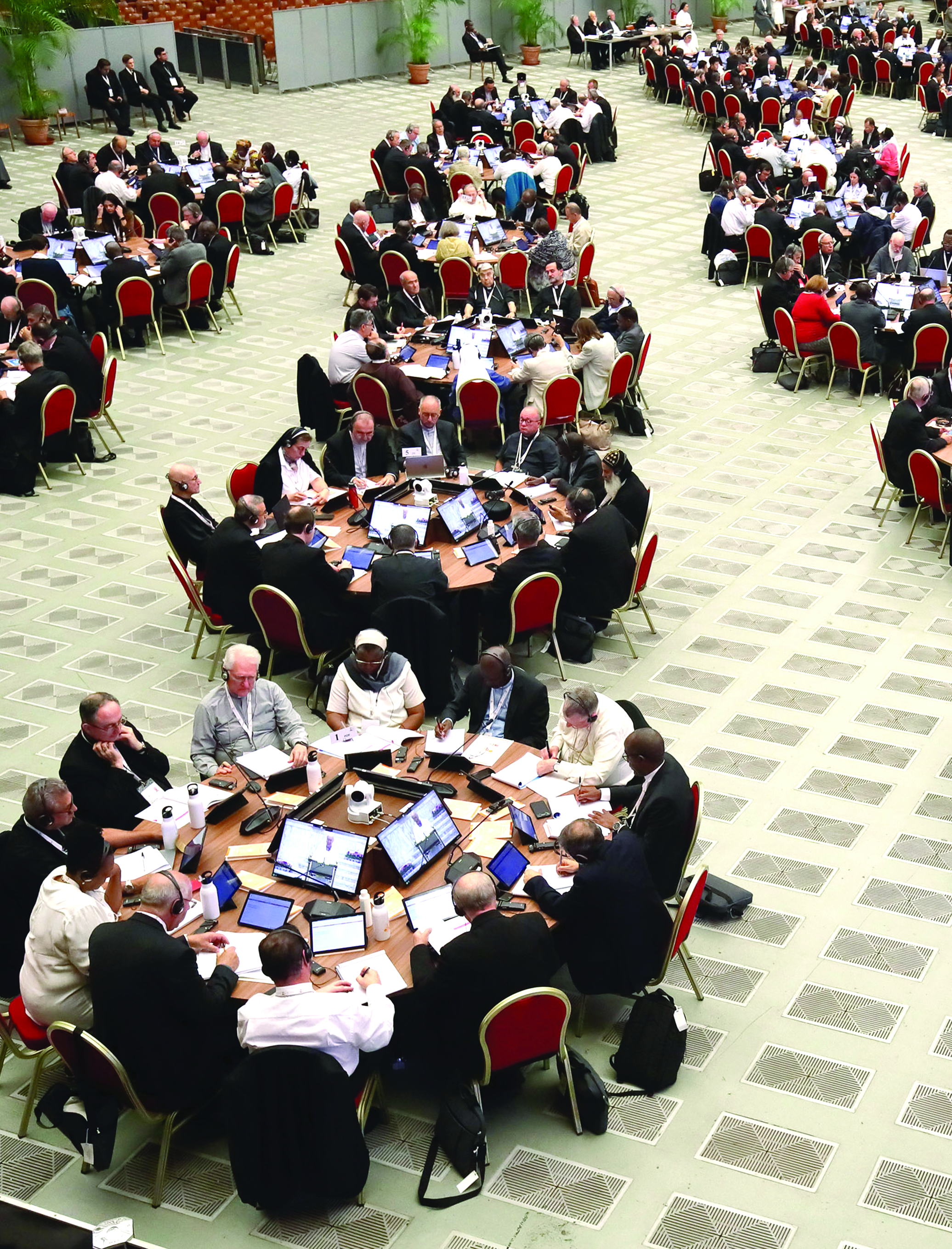
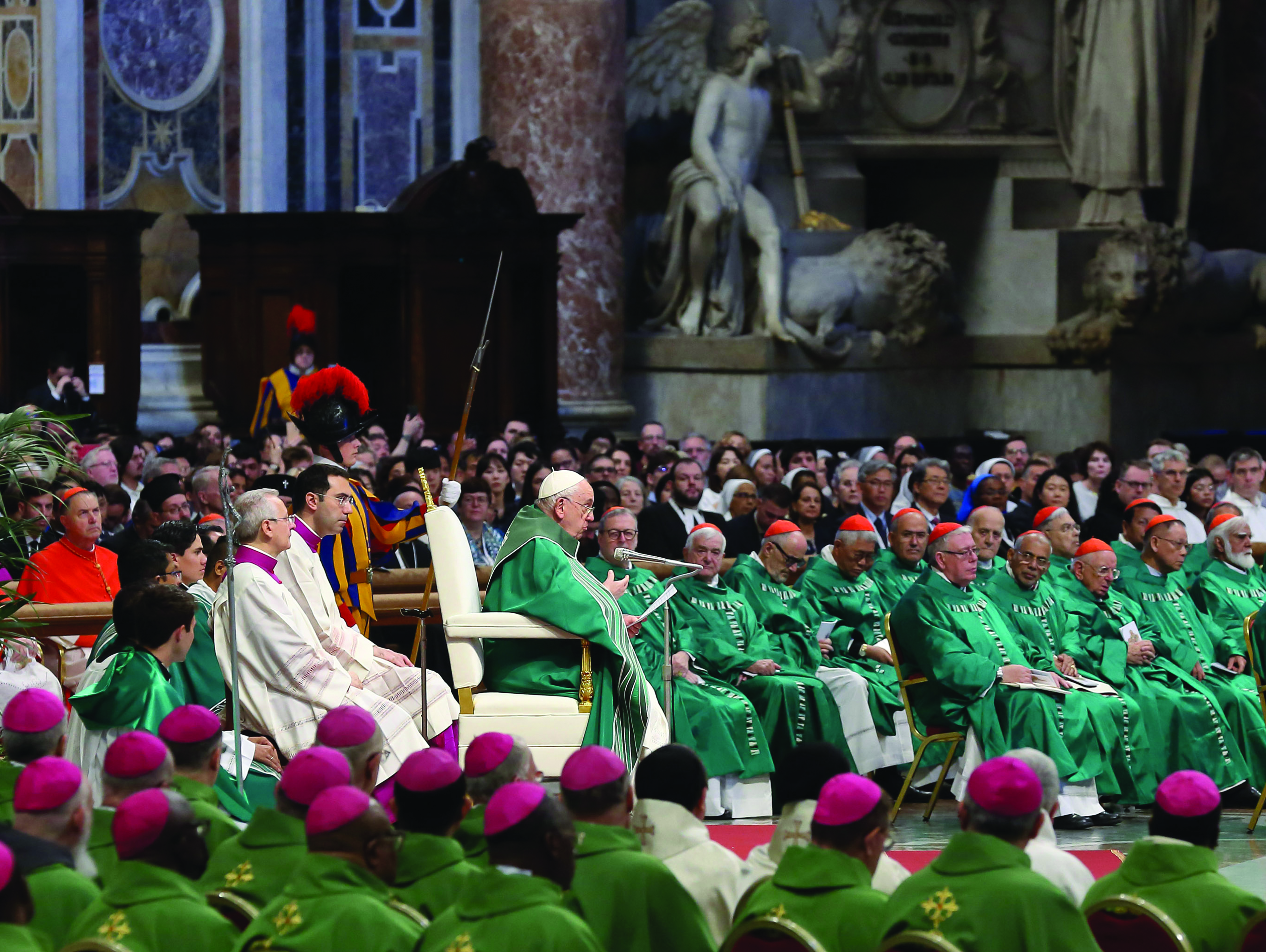
Facebook Comments